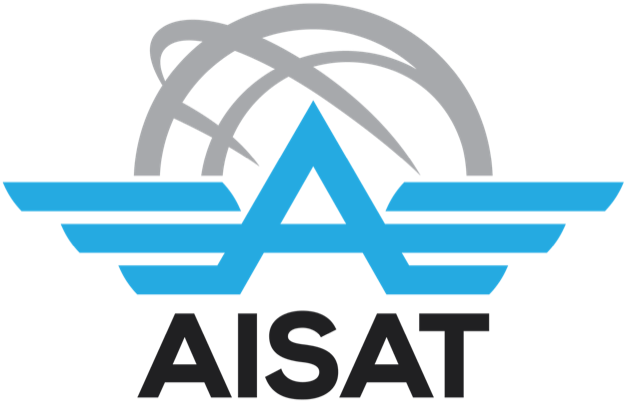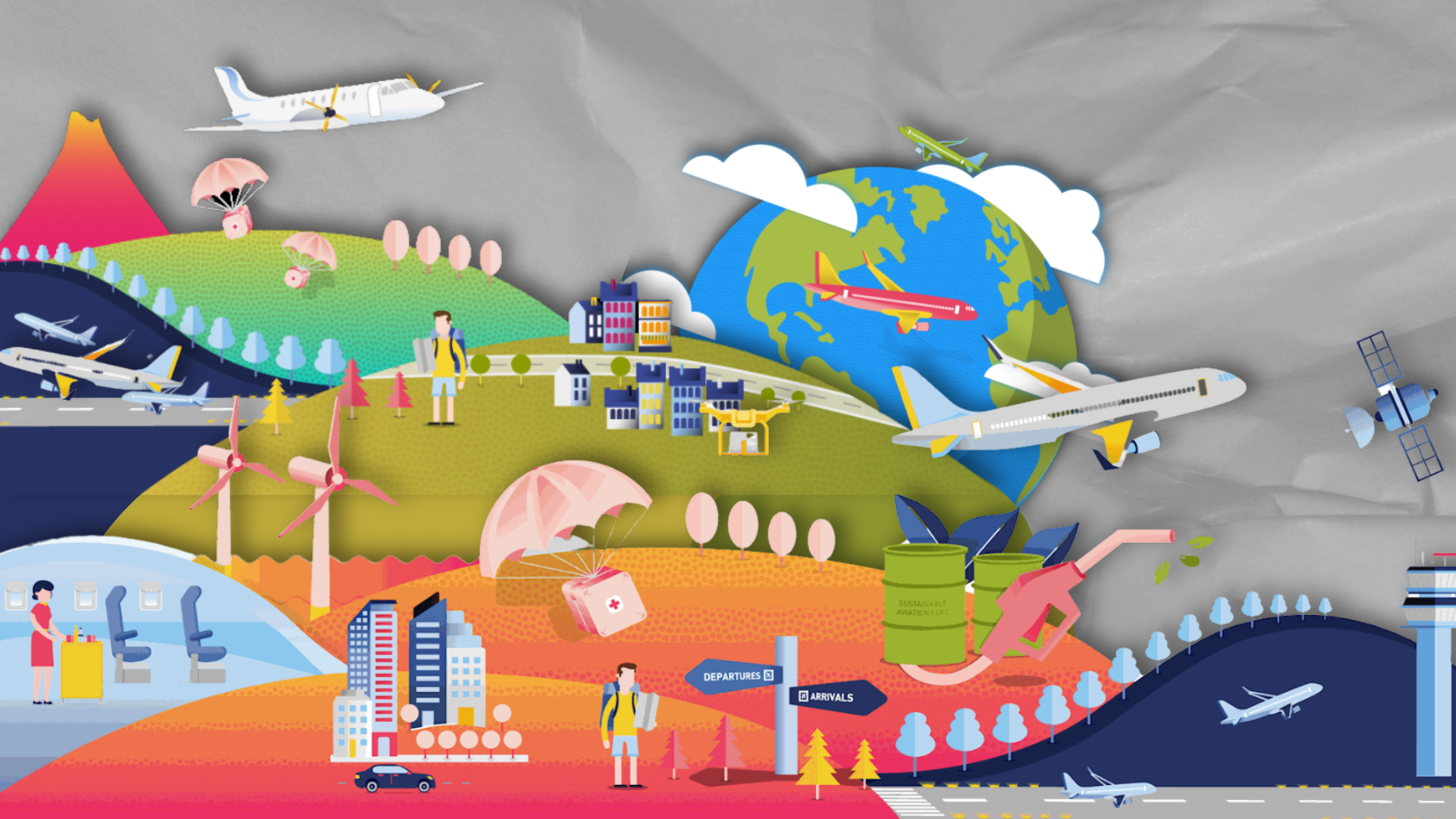December 30, 2023
by Jon Lorence Panelo
The aviation industry is one of the top contributors to globalization, as it moves people from all walks of life and transports air cargo across international borders. Besides those mentioned above, the aviation industry gives back to the community by providing economic and social benefits. Generating employment, contributing to world trade, and stimulating tourism are just some of the economic benefits of the aviation industry. Regarding social benefits, the aviation industry contributes to sustainable development, delivers humanitarian aid, and provides access to remote areas.
One consistent business practice in the aviation industry is sustainability reporting. Through this, a company’s stakeholders and the general public could view in detail how the aviation industry gives back to the community. A sustainability report or Environment, Social, and Governance (ESG) report allows organizations to communicate their impacts to stakeholders. The contents of such a report include: an overview of the airline company, their ESG fundamentals, environmental impacts such as responses to climate change, social impacts including human rights, safety, and talent management, and governance impacts like ethical and risk management. The sustainability reports or ESG reports of airline companies can be freely accessed by anyone online through an airline company’s website.
Beyond those mentioned above, the aviation industry gives back to the community through charitable work such as rescue missions, transporting relief goods during disasters, and the airlifting of patients and animals. For example, in the international setting, Angel Flight West, a nonprofit organization, flies people to medical appointments for free. Further, in the country, Cebu Pacific continues to conduct its Change for Good campaign with UNICEF Philippines to convert the spare change of passengers into life-saving supplies and services that benefit vulnerable children and communities. In the local setting, AFES Cebu sent donations, including food packs, water, clothing, and household items, to the fire victims in Pusok, Lapu-Lapu City, last December 12, 2023.
Relatedly, AISAT students are also exposed to giving back to the community as both BS AMT and BS AET students have the AVI 413: Community Outreach course during their fourth year. In the said course, students conduct community outreach initiatives that are feasible in the local setting. Meanwhile, Aviation Management students have the AvM 223: Good Governance and Social Responsibility course during their second year. Such a course seeks to understand the areas under Corporate Social Responsibility by transforming lives through community engagement and local programs. BS AvM students create a CSR program for an airline company during the course, considering the 17 United Nations Sustainable Development Goals, and the 5Ps – People, Planet, Prosperity, Peace, and Partnership.
Giving back to the community has already become a trademark of the aviation industry. With this, the aviation industry consistently conducts initiatives for various issues worldwide. From wildlife conservation projects to scholarship programs and even fulfilling the wishes of children with life-threatening and critical illnesses, the aviation industry has a long history of supporting the planet and its people.
To my fellow AISAT students, let us also give back to the community in our little ways, and together, let us contribute to the rewarding and fulfilling advancement and preservation of the aviation industry!

